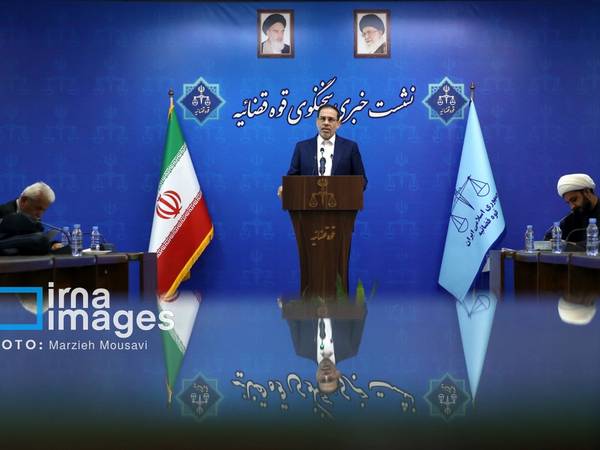Iran’s judiciary on Tuesday said a German-Iranian citizen died of a stroke last week before his scheduled execution, contradicting state media reports but providing few details.
The Judiciary spokesperson Asghar Jahangir said on Wednesday, “Jamshid Sharmahd's death sentence was set to be carried out, but fate offered no reprieve, and he died before the execution could proceed.”
Jahangir did not explain whether he suffered a stroke or a heart attack, nor did he specify the exact time of death: during transfer for execution, in his cell, or during interrogation.
State media reported the execution of the 68-year-old US-based German citizen on October 28. He was abducted by Iranian agents during a visit to the United Arab Emirates in 2020 and forcibly taken to Iran. In February 2023, Iran's Judiciary sentenced him to death on charges of endangering national security. Tehran says that Sharmahd was responsible for a 2008 attack on a mosque in Shiraz that killed 14 people and injured 200.
Later on Tuesday, a German foreign ministry official said Tehran is responsible for the death of Sharmahd. "Jamshid Sharmahd was abducted by Iran and detained for years without a fair trial, in inhumane conditions and without the necessary medical care. Iran is responsible for his death," Reuters quoted the German official as saying.
Following reports of his death last week, Germany recalled its ambassador to Iran and summoned the Iranian chargé d'affaires. Berlin also ordered all Iranian consulates to be shut down. The European Union also announced it is considering targeted and significant measures against Tehran.
German Foreign Minister Annalena Baerbock said, "Our diplomatic relations are already more than at a low point," after Berlin recalled its ambassador.
Baerbock urged Brussels to put Iran’s Islamic Revolutionary Guard Corps (IRGC) on the European Union's terror list.
Germany downgraded relations with Tehran in the 1990s following the assassination of Kurdish-Iranian dissidents in Berlin. Tensions eased a few years later following the election of reformist Mohammad Khatami, who embarked on a charm offensive to rebuild relations with the European Union.
Iran's Foreign Minister Abbas Araghchi, in response, wrote on X, “No terrorist enjoys impunity in Iran, even if supported by Germany.”
His daughter Gazelle Sharmahd, on X, had demanded proof of his execution and called for the immediate return of her father.
